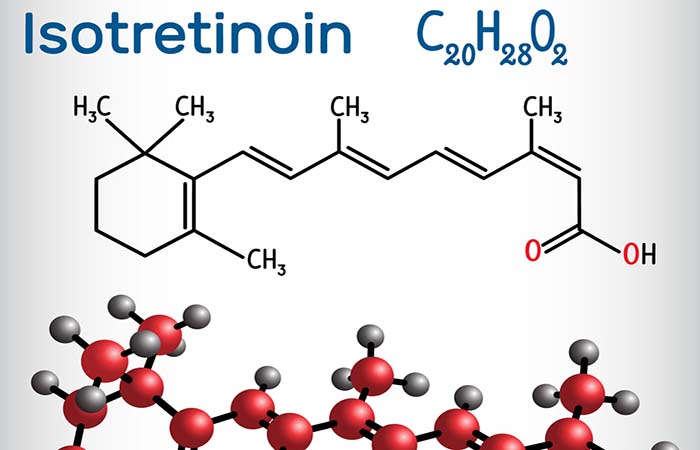New prescribing rules for isotretinoin address safety concerns
In News
Follow this topic
Bookmark
Record learning outcomes
Treatment with isotretinoin for patients under 18 must now be approved by two prescribers, under new MHRA rules.
This, and other new measures which include closer monitoring of a patient’s mental health and sexual well-being during treatment, are intended to strengthen the safe use of the acne drug and follow an expert review.
Isotretinoin is an effective treatment for severe acne or when there is a risk of permanent scarring and should only be used when other treatments have not been effective. While it has helped many patients, concerns have been raised about suspected psychiatric and sexual side effects.
A safety review concluded that the gaps in the available evidence meant that it was not possible to say that isotretinoin definitely caused short-term or long-term psychiatric and sexual side effects. However, it recommended that action should be taken to make sure patients are made aware of these potential risks, that they are carefully monitored during treatment, and that for patients under the age of 18 there are additional safeguards on prescribing.
Advice from the MHRA for healthcare professionals specifies that:
- All patients must be counselled about the benefits and risks of treatment before isotretinoin is prescribed, including possible mental health and sexual function side effects
- Isotretinoin is teratogenic, so all patients of childbearing potential must be entered into the Pregnancy Prevention Programme
- Prescribers should assess patients’ mental health before prescribing isotretinoin including the use of patient-reported outcome measures
- Ask patients about any sexual function concerns before prescribing
- Give the patient sufficient time to consider, reflect and ask questions before starting treatment
- Use the new regulatory risk minimisation materials with all patients: Acknowledgement of Risk Form, Patient Reminder Card, Pharmacist Checklist
- The lead prescriber, who initiates treatment, must have expertise in the use of systemic retinoids for the treatment of severe acne and a full understanding of the risks of isotretinoin therapy and monitoring requirements
- Initiation of treatment in patients under 18 years of age now requires agreement by two independent healthcare professionals that there is no other appropriate effective treatment before it is prescribed. This means that isotretinoin should only be prescribed for severe acne that is resistant to standard therapy
- Review patients approximately 1 month after initiation of treatment in a face-to-face appointment
- Monitor patients for side effects including mental health and sexual function side effects at each follow up appointment including objective mental health patient reported outcome measures
Any healthcare professional involved in the treatment of patients with acne , particularly prescribers of isotretinoin, can review the full details of the new requirements in the Report of The Commission on Human Medicines Isotretinoin Implementation Advisory Expert Working Group
The British Association of Dermatologists, the British Dermatological Nursing Group, and other stakeholders have produced supplementary documents to assist clinicians in adhering to the new guidelines.

